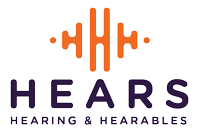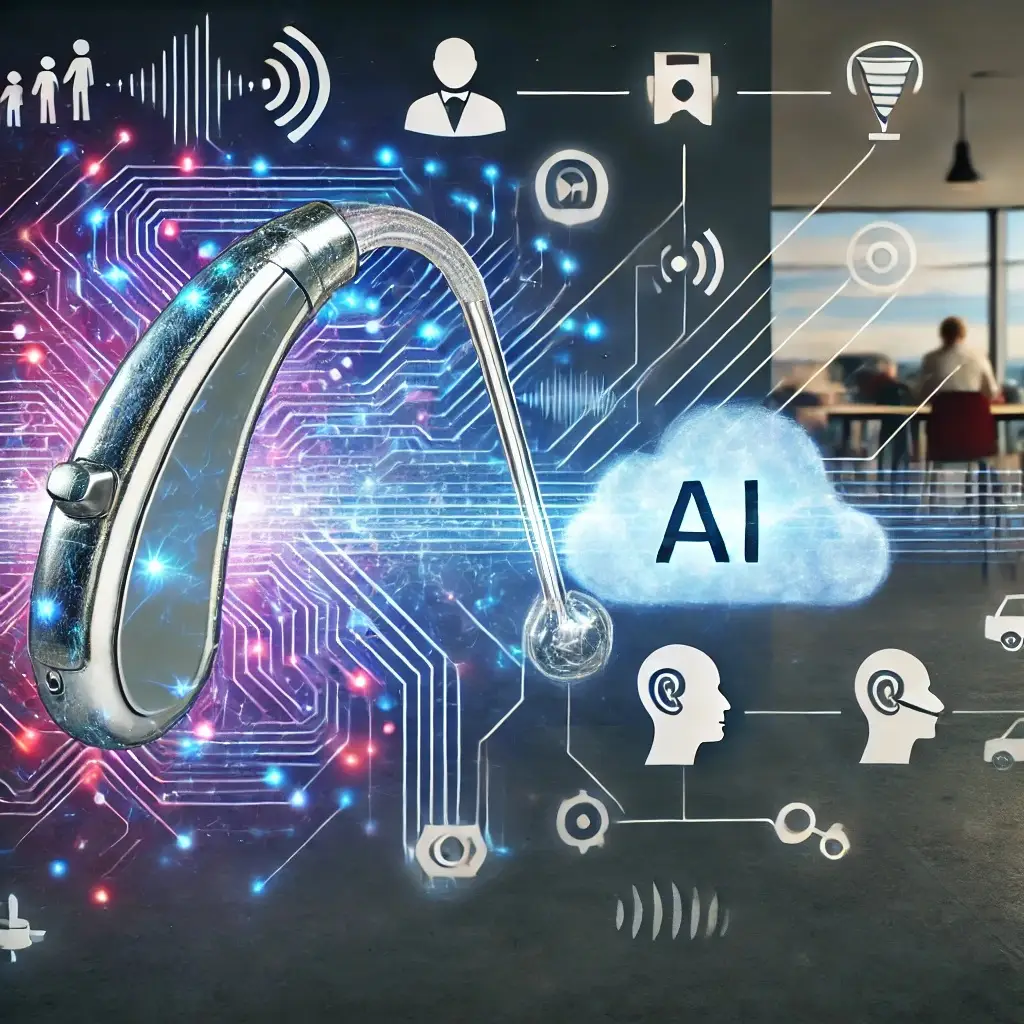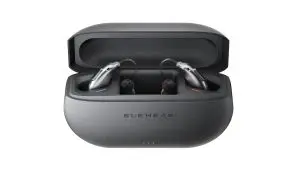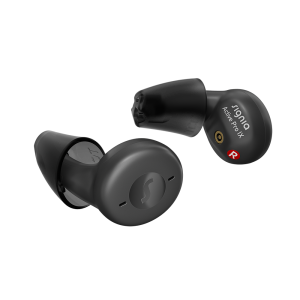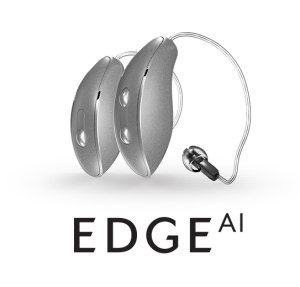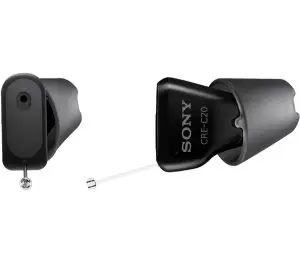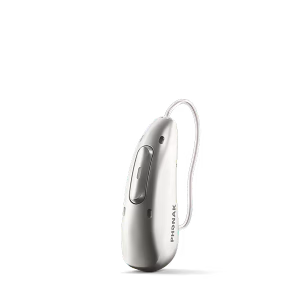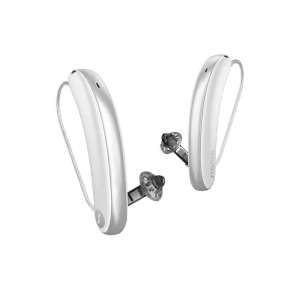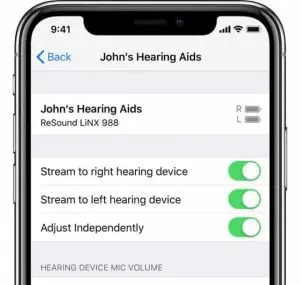Hearing aids have come a long way—and one of the biggest leaps forward is thanks to artificial intelligence (AI). These aren’t the clunky devices of the past. Today’s hearing aids are smart, adaptive, and personalized to how you hear the world around you. In this blog we will outline the benefits of AI in hearing aids today.
From Everyday Sounds to Smart Technology
It all starts with sound—lots of it. To help hearing aids work better in real-world environments, researchers gather sound data from all kinds of places: busy cafés, quiet libraries, echo-filled rooms, and bustling sidewalks. They also use controlled lab settings to simulate tricky environments like crowded restaurants or large open spaces.
And it’s not just scientists contributing to this. Real people using hearing aids help too—sharing anonymized data collected as they go about their daily lives. This data forms the foundation for how AI learns to distinguish useful sounds (like someone talking) from distractions (like clanging dishes or background chatter).
Training the AI to Understand Your World
Once the sound data is collected, it gets labeled and organized. For example, a clip might be tagged as “quiet room,” “male voice,” or “traffic noise.” This helps the AI learn how to respond appropriately in each scenario.
To make things even clearer for the algorithms, sounds are broken down into smaller pieces, isolating what matters and filtering out what doesn’t. AI then learns to recognize patterns—like how speech tends to vary compared to the hum of an air conditioner or the roar of a passing bus.
The result? An AI system that knows when to amplify a voice, when to tone down background noise, and how to do it all in real time.
A Hearing Aid That Adapts As You Move
Imagine you’re at home reading, then head out to a noisy restaurant, and later take a walk outside. Your hearing aid now adjusts automatically at each stage—no need to fiddle with settings.
Whether it’s soft sounds in a quiet room or overlapping conversations in a crowd, the AI inside your device fine-tunes what you hear. It even handles special cases like concerts or stadiums, where echoes and loud volumes can be especially tricky.
Personalized to Your Hearing and Your Life
During your fitting, an audiologist calibrates the hearing aids based on your hearing profile. But the personalization doesn’t stop there.
Modern hearing aids actually learn from your feedback. If you adjust the volume in a specific place—say, a noisy diner—the AI remembers that and adapts automatically the next time you’re in a similar environment.
And because most hearing aids are connected to smartphone apps and the cloud, they can receive updates and new features without needing a trip to the clinic.
Big Benefits of AI in Hearing Aids: Comfort, Clarity, and Less Effort
The result of all this smart technology? A better listening experience.
Studies show that AI-powered hearing aids outperform traditional models in noisy or complex environments. People report:
- Clearer conversations, even in groups or crowds
- Less mental strain when trying to hear
- Fewer manual adjustments throughout the day
Some devices, like Phonak’s AutoSense OS or Oticon’s BrainHearing, are even designed to support your brain’s natural ability to process sound—making the experience feel more natural and less exhausting.
What You’re Agreeing to When Using Hearing Aid Apps
To unlock all these advanced features, most hearing aids connect to a mobile app. When you use these apps, you’re often agreeing to share certain types of data.
This might include:
- Feedback you give (like changing a setting or rating sound quality)
- Info about your surroundings (noise levels, sound types)
- Device stats (battery level, firmware updates)
- In some cases, your location or personal info (name, email, hearing test results)
Most companies anonymize the data, and it’s used to make your hearing aids—and future ones—smarter and more responsive. But it’s still worth reading the privacy policy and managing your settings if you’re concerned about data sharing.
The Bottom Line: A Smart Assistant for Your Ears
Today’s AI-driven hearing aids do much more than just make things louder. They understand your environment, learn from your habits, and adjust automatically to help you hear better—wherever life takes you.
Yes, they require a bit more setup and may collect data to keep improving, but the payoff is a more natural, less frustrating way to stay connected to the world around you.
